Al-Hasakah (Arabic: الحسكة, Kurdish: Hesîçe, Syriac: ܚܣܟܗ, translit. Ḥasake) also known as Al-Hasakeh, Al-Kasaka, or simply Hasakah, is in the Al-Hasakah Canton, in the Jazira Region of the Democratic Federation of Northern Syria.
Hasakah is among the ten largest cities in Syria. It was recorded as having a population of 188,160 residents in the 2004 census. Its residents include an ethnically diverse population of Kurds, Arabs, Assyrians, and a smaller number of Armenians.
The Khabur River runs through Hasakah.
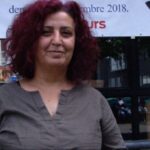
Fatoş Göksungur said that democracy depends on both ecological balance and women’s freedom, stressing that one cannot exist without the other.
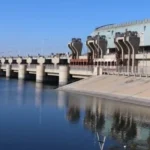
The policies of the Turkish occupation have caused severe damage to electricity production in the North and East Syria region, with electricity output dropping by more than 90 percent as a result of the direct targeting of power generation stations, in addition to the reduction of water inflows into the Euphrates River.
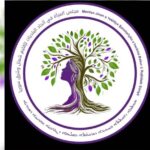
Women in North and East Syria have proven their ability to manage municipal institutions and participate actively in decision-making, supported by a unified internal system that strengthens their organization across the different regions—from service committees to leadership roles.
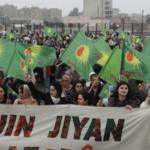
The hottest part of the year is not the ideal time to travel to Northeast Syria, a region whose local government is the Democratic Autonomous Administration of North and East Syria (DAANES). But I traveled there this past August, prepared for the soaring temperatures and the unrelenting sun. I spoke with a wide variety of officials and residents about the new realities in Syria. I also viewed with my own eyes the systems that people are living under, and the drumbeat of everyday life. After fifteen years of war, hostilities, and resource shortages, following decades of neglect by the regime of Bashar al-Assad, you would think that the region would be totally devastated.
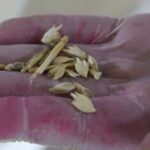
A new seed processing center equipped with laser technology has been opened in Hesekê. The facility is intended to supply farmers in northeast Syria with high-quality seeds and modernize agriculture. Its daily capacity is up to 60 tons. In the city of Hesekê, the Seed Institute of North and East Syria has launched its first
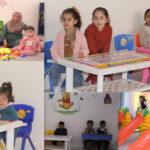
Hêvi, a kindergarten opened in the city of Hasakah, aims to provide a safe learning environment to children and support working mothers.
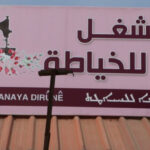
The Inanna Textile Workshop opened in the neighborhood of Neşwa in Hesekê as part of the activities for 8 March.
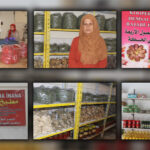
Kongra Star Economy Committee in Hasakah started Demsal Cooperative promoting women’s economic empowerment for the socioeconomic development and building a free and democratic society.
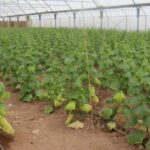
Over the past years, the AANES has worked to open three greenhouse projects in Northeast Syria to ease the pressure of high prices on the population. The projects also aim to secure various types of locally produced vegetables and limit monopoly by traders.









